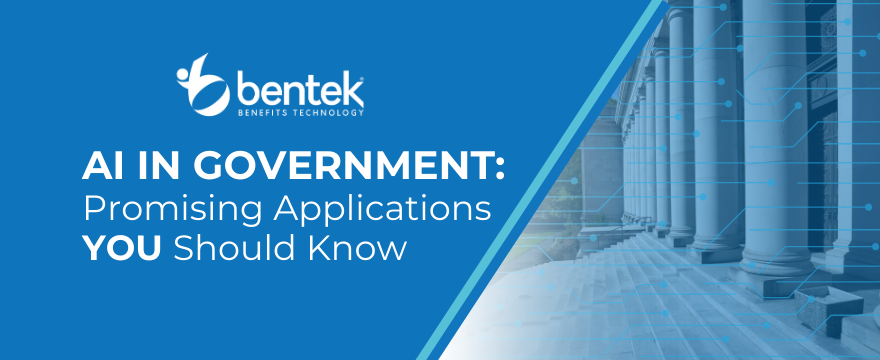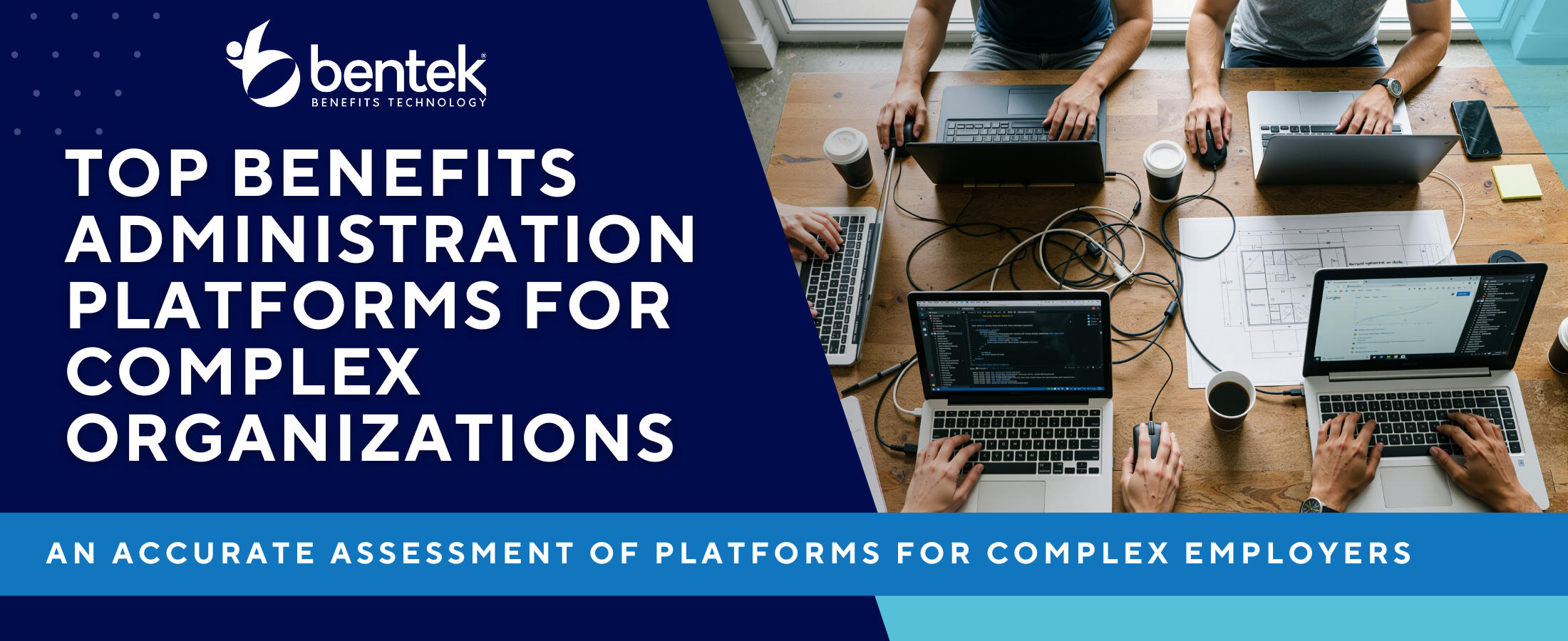It feels like everyone is talking about artificial intelligence (AI) and its potential to revolutionize the workforce and industry as we know it. This includes government services and operations. Of course, there are potential pitfalls and ethical concerns to keep in mind when implementing AI in government.
How To Use AI in Government:
Improved decision-making
AI can help governments make better decisions by analyzing large amounts of data and identifying patterns and trends that would be difficult for humans to spot. For example, AI can be used to predict crime rates, identify areas at risk of flooding, and optimize public transportation networks.
More efficient and effective service delivery
AI can automate many routine tasks, freeing up government employees to focus on more complex and strategic work. Examples of AI tasks include processing benefit applications, issuing permits, and answering citizen inquiries.
Better public safety and security
AI can be used to detect and prevent fraud, crime, and terrorism. You can imagine AI being used to analyze CCTV footage for suspicious activity, identify cyber threats, and predict the spread of disease.
While AI has the potential to transform government, there are some challenges to implementing it. These challenges include:
- Data quality and access. AI systems rely on high-quality data to function effectively. Governments may need to invest in improving the quality of their data and making it more accessible to AI developers.
- Cost. Developing and deploying AI systems can be expensive. Governments will need to make sure they have the necessary resources to invest in AI.
- Public trust. It is important to build trust in the use of AI by ensuring that is used ethically and responsibly. Governments need to be transparent about how they are using AI and establishing safeguards to protect privacy and civil liberties.
You’ll also want to keep ethical concerns in mind. One of the first steps is to develop ethical guidelines addressing issues such as privacy, transparency, accountability, and fairness. Other considerations include establishing oversight mechanisms and educating the public about the benefits and risks of AI.
To read more articles like this one, check out the Bentek Blog!




